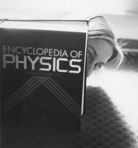 Lada
A. Adamic
Lada
A. Adamic
 Lada
A. Adamic
Lada
A. Adamic Lada Adamic is part of the Information Dynamics Lab (IDL) at HP Labs. She studies the effects of local interactions on global properties in particular the Internet and the World Wide Web, peer-to-peer systems, social networks, and bioinformatics. [ Internet : Growth dynamics of the World-Wide Web, B.A. Huberman, L.A. Adamic, NATURE 401 131 (1999) ].
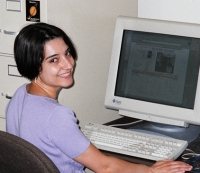 Réka Albert
Réka Albert Réka Albert is at University of Minnesota Mathematics Department. She studies biological networks: robust adaptation in bacterial chemotaxis, segment polarity network of Drosophila melanogaster; and random networks: topology and error tolerance of large networks, evolution models for scale-free networks, dynamics of boolean networks, scaling properties of metabolic networks; [ Statistical mechanics of complex networks, Rev. Mod. Phys. 74, 47 (2002) ]
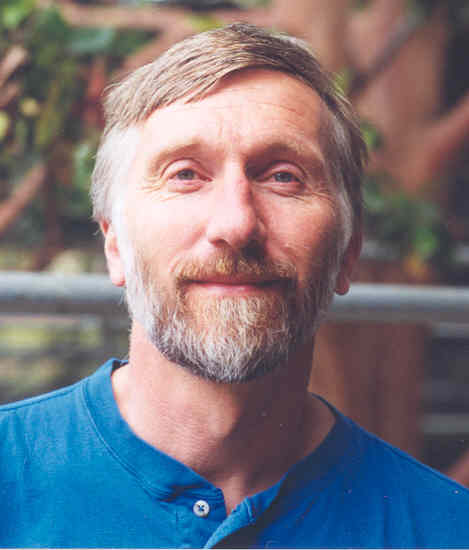 David
Aldous
David
AldousProfessor, Statistics Dept, U.C. Berkeley; Fellow of Royal Society. Works in wide range of theoretical and applied probability. Older topics: random walks on graphs, mixing times for Markov chains, stochastic coalescence, random trees and their continuum limits, phylogenetic trees. Current focus on topics at the triple point of probability, algorithms and statistical physics, in particular the uses of the stochastic mean-field model of distance. [ Probability Approximations via the Poisson Clumping Heuristic. Springer-Verlag, (1989) ]
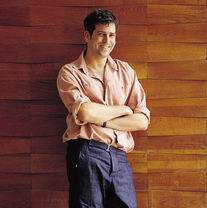 Uri
Alon
Uri
AlonUri Alon is at the Weizmann Institute of Science in Israel. He works on the inteface between biology and physics. His lab experimentally studies the dynamics of the transcription network of E. coli using high temporal resolution expression measurements in living cells, and theoretical analysis of complex networks using network motifs, structures that recur significantly more than in randomized networks. R Milo, S Shen-Orr, S Itzkovitz, N Kashtan, D Chklovskii & U Alon, Network Motifs: Simple Building Blocks of Complex Networks, Science, 298, 824-827 (2002).
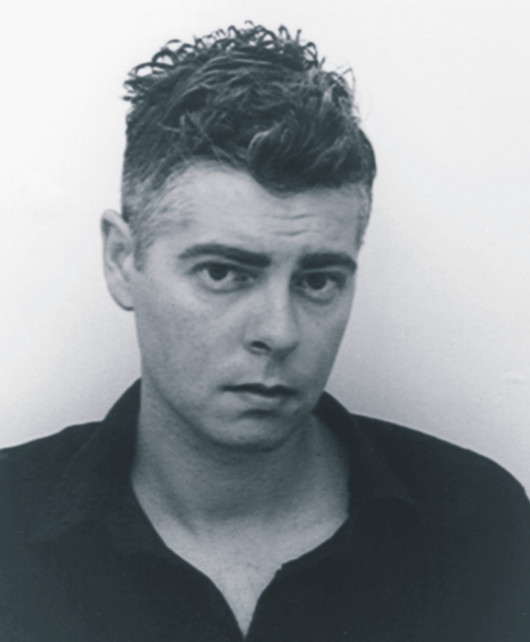 Miguel Aubouy
Miguel Aubouy Miguel Aubouy is research scientist at the Commissariat ŕ l'Energie Atomique, in Grenoble, France. He is currently doing theoretical physics in soft condensed matter : polymeric liquids, charged colloidal suspensions, mechanics of foams. [ Interfacial Properties of Polymeric Liquids Miguel Aubouy, Manoel Manghi, and Elie Raphaël, Phys. Rev. Lett., 84, 4858 (2000) ].
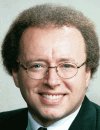 Robert
Axtell
Robert
Axtell Fellow, Economic Studies and Governance Studies, The Brookings Institution. Current Position: Visiting Professor, Johns Hopkins University. Expertise: Dynamic models of social and economic systems, environmental economics and regulation, global change science and policy, industrial organization and economic geograph [ Growing Artificial Societies: Social Science from the Bottom Up, with Joshua Epstein, Brookings/MIT Press, 1996 ].
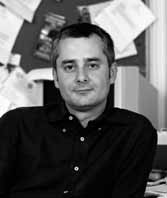 Albert-László
Barabási
Albert-László
BarabásiAlbert-László Barabási is the Emil T. Hofman Professor of Physics at University of Notre Dame. His research has lead to the discovery and understanding of scale-free networks, describing many complex networks in technology and nature, from the World Wide Web to the cell. His current research focuses on applying the concepts developed by his group for characterizing the topology of the www and the Internet to uncover the structural and topological properties of complex metabolic and genetic networks. He is the author of the recent general audience book Linked: The New Science of Networks (Perseus, 2002).
 Andrei Z. Broder
Andrei Z. BroderAndrei Broder is an IBM Distinguished Engineer and the CTO of the Institute for Search and Text Analysis in IBM Research. Previously he has been Chief Scientist at the AltaVista Company. His main research interests are the design, analysis, and implementation of randomized algorithms and supporting data structures, in particular in the context of web-scale information retrieval and applications. [Broder & al., Graph structure in the web. Proceedings of the 9th WWW Conference, Computer Networks, 33(1-6), 2000, pp. 309-320]
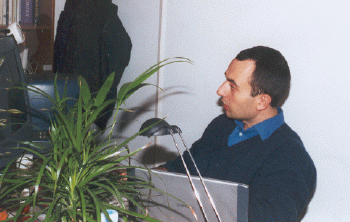 Guido
Caldarelli
Guido
CaldarelliGuido Caldarelli is a researcher at the Physics Department of Univ."La Sapienza", Roma. His main research interests are in the field of statistical mechanics and networks. [ A Prototype Model of Stock Exchange G. Caldarelli, M. Marsili, Y.-C. Zhang, Europhysics Letters 40, 479 (1997). ]
 Jean-Pierre
Changeux
Jean-Pierre
Changeux is Professor at the Institut Pasteur in Paris. He is one of the founders of molecular neurobiology and molecular pharmacology. [ What Makes Us Think? Princeton University Press, 2000 ]
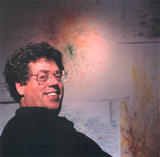 William
R. Cheswick
William
R. CheswickWilliam Cheswick is in a spinoff company of Lucent/Bell Labs called Lumeta (see http://www.lumeta.com).
This spinoff offers new kinds of commercial intranet topological and perimeter
verification services based on the Internet
mapping project started at Bell Labs in 1997. He works on the Internet
mapping project, and associated basic research. [Firewalls and Internet
Security; Repelling the Wily Hacker. W. Cheswick and S. Bellovin; Addison
Wesley, 1994 ].
 Fan
Chung Graham
Fan
Chung GrahamFan Chung is the Akamai Professor in Internet Mathematics at UC San Diego. Her main research interests lie in spectral graph theory and extremal graph theory. [ Spectral Graph Theory, Cbms Regional Conference Series in Mathematics, No 92, American Mathematical Society, (1997) ] .
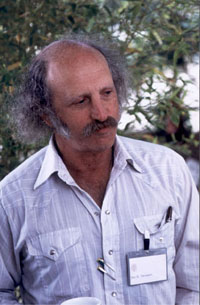 Eric Davidson
Eric Davidsonis Professor of Cell Biology at the California Institute of Technology. (Cal Tech) studies gene networks underlying embryonic development. [ A genomic regulatory network for development. SCIENCE 295, 1669-1678 ( 2002 ]
 John Doyle
John DoyleJohn Doyle is Professor of Control and Dynamical Systems, BioEngineering, and Electrical Engineering at California Institute of Technology. His interests are in the mathematics of control, dynamical systems, operator theory, optimization, and computational complexity, with applications to complex networks in engineering and biology, and to multiscale physics. [Reverse Engineering of Biological Complexity, M.E. Csete and J. Doyle, SCIENCE, 295, 1664 (2002) ]
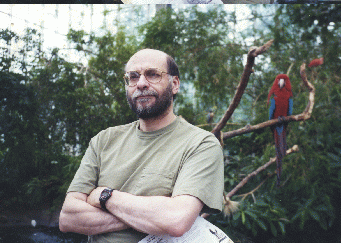 Alan
Frieze
Alan
FriezeAlan Frieze is Professor of Mathematics at the Department of Mathematical Sciences, Carnegie Mellon University. His main research interest are in Probabilistic Combinatorics and its applications in Theoretical Computer Science and Operations Research. [ Crawling on web graphs C. Cooper, A. Frieze, STOC 2002, 419 ]
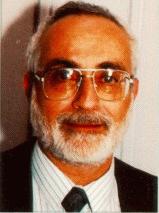 Shlomo
Havlin
Shlomo
Havlinis Professor of Physics at Bar-Ilan Universitity. His main research interests include statistical mechanics, phase transitions, percolation, optimization, diffusion in random systems, statistical properties of polymer chains, physics of disordered systems and fractals, chemical reactions, medical physics, statistical physics of biological and medical systems, granular media, traffic flow, atmospheric physics, and econophysics. [ Resilience of the Internet to random breakdowns, R. Cohen, K. Erez, D. ben-Avraham, S. Havlin, Phys.Rev.Lett.; 85, 4626 (2000) ]
 John
Hopfield
John
HopfieldJohn Hopfield is Professor of Molecular Biology at Princeton University. His current research focuses on the theory of how the neural circuits of the brain produce powerful and complex computations. [ Dynamics, computation, and neurobiology. In Critical problems in physics. Princeton University press 1997]
 Bernardo
Huberman
Bernardo
HubermanBernardo Huberman is an HP Fellow and Director of the Systems Research Center at Hewlett Packard Laboratories, where he also heads the research effort in Information Dynamics. [ The Laws of the Web: Patterns in the Ecology of Information, MIT press 2001 ]
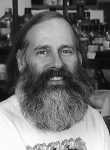 Tony
Hunter
Tony
Hunter is Professor of Molecular Biology and Virology at the Salk Institute for Biological Studies in La Jolla. He and his group study the molecular basis of cell growth control and cell cycle regulation. [ Oncoprotein networks. T. Hunter, CELL 88, 333, 1997 ]
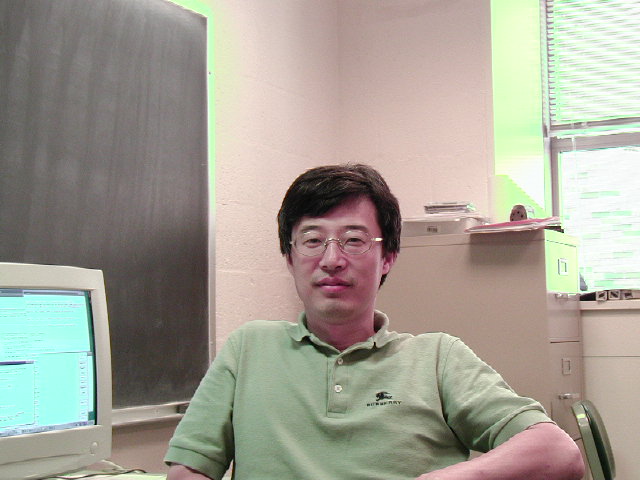 Byungnam Kahng
Byungnam Kahng Is Professor of Physics at Seoul National University. His research interests include: structural and dynamic properties of complex networks , nonequilibrium phase transitions, self-organized critical phenomena, Computational Physics, Dynamics in granular media, sputtering and pattern formation on surfaces, quantum dots and wires and semiconductors. [ Universal behavior of load distribution in scale-free networks. Goh, K.I.; Kahng, B.; Kim, D, Phys. Rev. Lett. 87, 278701 (2001) ]
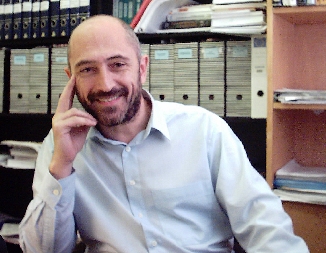 János Kertész
János Kertész is Director of the Institute of Physics, Budapest University of Technology and Economics (formerly TUB) in Hungary. His current research fields include networks, econophysics, traffic models granular systems, pattern formation, and percolation theory. (Scaling behavior in discrete traffic models. G. Csányi and J. Kertész, J. Phys. A-Math.Gen., 28 L427-L432, 1995).
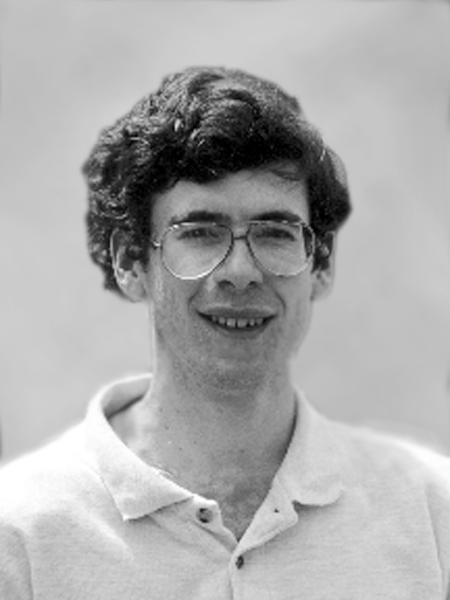 Jon Kleinberg
Jon Kleinberg is Associate Professor of Computer Science, Cornell University. His is concerned with algorithms that exploit the combinatorial structure of networks and information. Recent work has included: Techniques for analyzing and modeling link structure in the World Wide Web and related information networks;Discrete optimization and network algorithms; and Algorithmic approaches to clustering, indexing, and data mining. [ Navigation in a Small World. J. Kleinberg NATURE 406, 845, (2000) ]
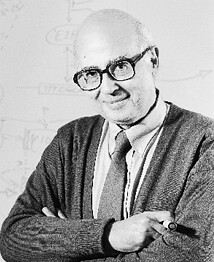 Kurt Kohn
Kurt Kohn is Principal Investigator at the National Cancer Institute in Bethesda. His current research aims to understand the molecular circuitry that controls cell proliferation. [ Molecular interaction maps as information organizers and simulation guides. Chaos 11, 84-97, (2001). ]
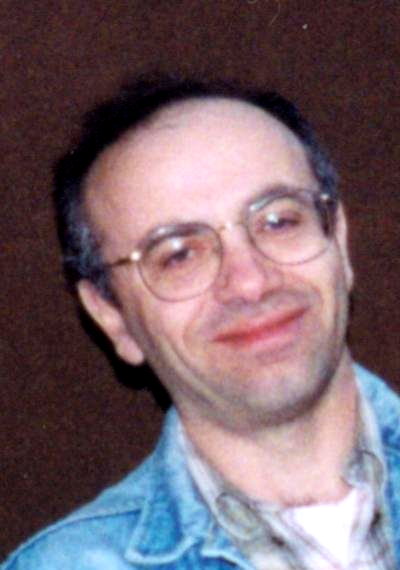 Paul Krapivsky
Paul Krapivsky Paul's research interests include stochastic processes and their application to problems in physics, chemistry, biology, and computer science. [Degree distributions of growing networks P.L. Krapivsky, G.J. Rodgers, S. Redner, Phys. Rev. Lett. 86, 5401 (2001)]
 Arnold Levine
Arnold Levine is Professor for Cancer Biology at the Rockefeller University. He discovered and studies the protein p53 that regulates a set of genes in the cell and is crucially involved in human cancers. [ Surfing the p53 network. NATURE 408, 307, (2000) ]
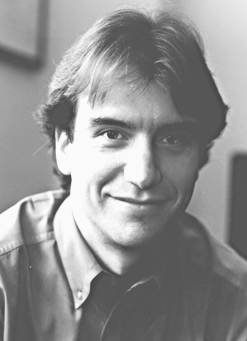 Fred MacKintosh
Fred MacKintosh is at Division of Physics & Astronomy, Vrije Universiteit. [ Elasticity of Semiflexible Biopolymer Networks, FC MacKintosh, J Kas, and P Janmey Phys. Rev. Lett. 75, 4425 (1995).] His research interests include membranes and liquid crystal films, polymer physics and granular materials.
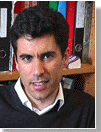 José F.F. Mendes
José F.F. Mendes José Mendes is Associate Professor at University of Aveiro, Physics Department. He studies the many aspects of evolving networks. [S.N. Dorogovtsev and J.F.F Mendes, Evolution of Networks , Adv. Phys. 51, 1079 (2002); S.N. Dorogovtsev and J.F.F Mendes Evolution of Networks: from Biological nets to the Internet and WWW, Oxford University Press (published in January 2003) ]
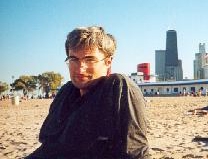 Rémi Monasson
Rémi Monasson  Mark Newman
Mark NewmanMark Newman is an assistant professor of physics and complex systems at the University of Michigan in Ann Arbor. His research is on the applications of statistical physics methods to the study of networks, with a particular focus on social networks and epidemiology. [Assortative mixing in networks, M.E.J. Newman, Phy. Rev. Lett. 89, 208701 (2002) ]
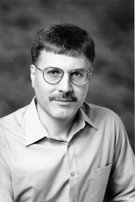 Zoltán Oltvai
Zoltán Oltvai is Assitant Professor of Pathology at Northwestern University. His research interests include cell biology, molecular biology and genetics. [ Comparable system-level organization of Archaea and Eukaryotes. Podani, J., Oltvai, Z.N., Jeong, H., Tombor, B., Barabasi, A.-L., and Szathmary, E. Nature Genet. 29, 54 (2001) ]
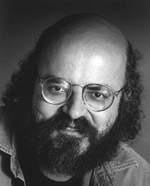 Christos Papadimitriou
Christos Papadimitriou Christos Papadimitriu is professor of Computer Science at the University of California at Berkeley. His main research interests are in theory of algorithms and complexity, and its applications to databases, optimization, AI, and game theory. [Heuristically Optimized Trade-offs, A.Fabrikant, E. Koutsoupias, C. H.Papadimitriou, Proceedings of the 29th International Colloquium on Automata, Languages, and Programming (ICALP), Malaga, Spain, July (2002) ]
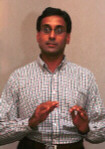 Prabhakar Raghavan
Prabhakar Raghavan Prabhakar Raghavan is Vice President and Chief Technology Officer of at Verity, and is a consulting professor of Computer Science at Stanford University. His research interests include: Combinatorial optimization and Randomized algorithms Information retrieval and text mining and Structure analysis on the Web. [ Randomized Algorithms, Cambridge University Press, (1995) ]
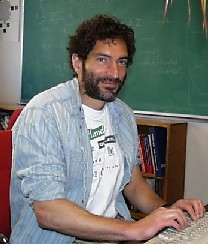 Sidney Redner
Sidney Redner is Physics Professor in the Boston University Physics Department. He is also a member of the Center for BioDynamics as well as the Center for Polymer Studies. His research field is statistical mechanics and theoretical condensed-matter physics. Within these areas, specific interests are in non-equilibrium stochastic processes, chemical kinetics, transport and non-linear processes in disordered media, and growing networks. (Organization of Growing Random Networks, P. L. Krapivsky and S. Redner, Phys. Rev. E 63, 066123 (2001).]
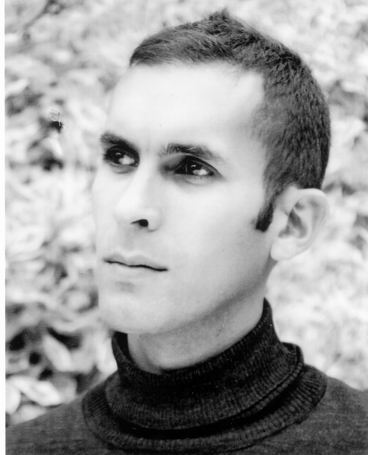 Anil
K. Seth
Anil
K. Sethis at the Neurosciences Institute in San Diego. He explores theories about intelligent behavior in humans, animals, and machines. A specific interest of his is analyzing the interactions between network complexity and environmental structure for networks mediating adaptive behaviors. [ A.K. Seth, Modelling group foraging: Individual suboptimality, interference, and a kind of matching. Adaptive Behavior, 9(2) 67-91 (2001) ]
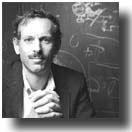 Eric D. Siggia
Eric D. Siggia is Professor of Theoretical Physics at the Rockefeller University. He uses numerical methods to simulate biophysical processes and methods borrowed from statistical mechanics to analyze promoter regions in yeast. [ Stochastic gene expression in a single cell., Elowitz MB, Levine AJ, Siggia ED, Swain PS, SCIENCE 297, 1183, (2002).]
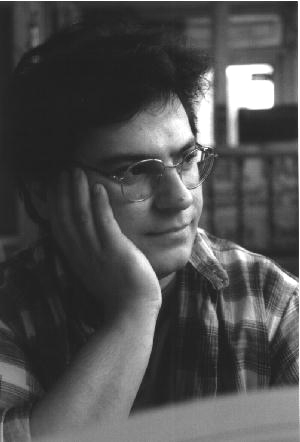 Ricard V. Solé
Ricard V. Solé Ricard V. Solé is ICREA research professor (the Catalan Institute for research and Advanced Studies). He is now at the Universitat Pompeu Fabra (GRIB), where he is the director of the new COMPLEX SYSTEMS LAB. He is also External Professor of the Santa Fe Institute (New Mexico, USA), His current research interests include: complex systems theory, with particular interest in self-organization, theoretical ecology, evolution of RNA viruses, prebiotic evolution, genome organization, macroevolution and extinction, human language, collective intelligence, theoretical aspects of graph dynamics and developmental biology. [ A Model of Large-Scale Proteome Evolution, Ricard V. Solé, Romualdo Pastor-Satorras, Eric D. Smith and Thomas Kepler Adv. Complex Syst. 5(1), 43-54 (2002)]
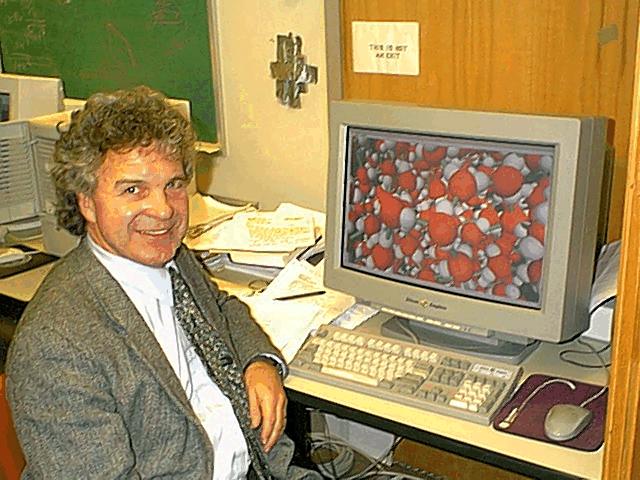 Eugene H. Stanley
Eugene H. Stanley is Professor of Physics at Boston University. His research interest include nonequilibrium statistical physics, phase transitions and critical phenomena, fractal processes, econophysics, water. (Interpretation of The Unusual Behavior of H2O and D2O at Low Temperatures: Tests of a Percolation Model, H. E. Stanley and J. Teixeira, J. Chem. Phys. 73, 3404-3422 (1980) ]
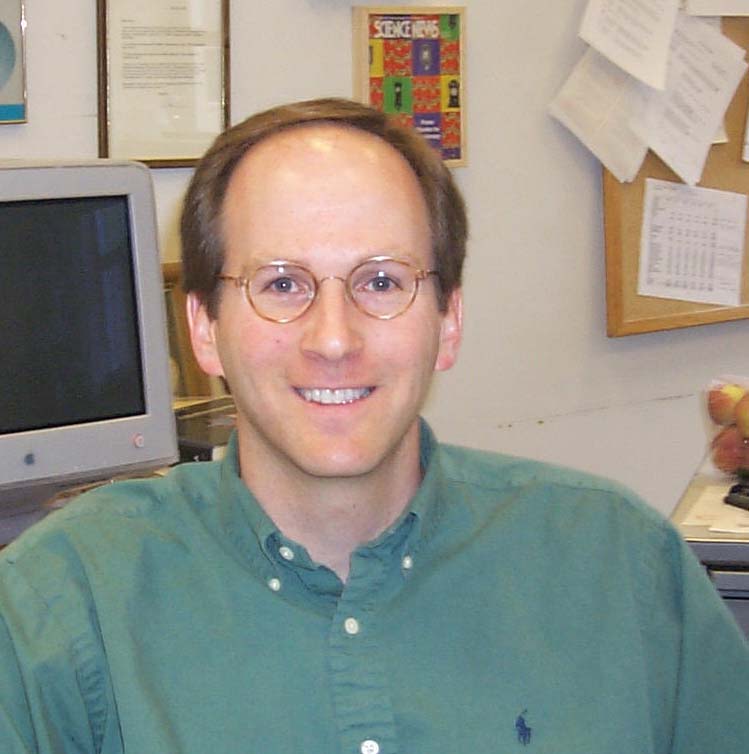 Steven Strogatz
Steven Strogatz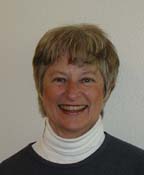 Susan Taylor
Susan Taylor is Professor of Chemistry and Biochemistry at the University of California, San Diego. She studies the structure, function and dynamics of cyclic AMP-dependent protein kinase, a prototype for the entire huge kinase family. [ CAMP-Dependent Protein Kinase. Ann. Rev. Biochemistry 59, 971-1005, 1990. ]
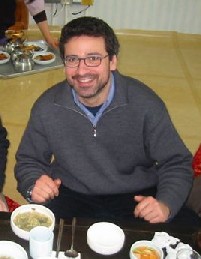 Aleassandro
Vespignani
Aleassandro
VespignaniAlessandro Vespignani Professor at the The Abdus Salam International Centre for Theoretical Physics (ICTP) Condensed Matter Group, Trieste. His research interests include: avalanches and self-organization in transport processes, reaction-diffusion systems and absorbing-state phase transitions, statistical characterization of fracture processes, collective dynamics of dislocations motion and network physics. [Epidemics spreading in Scale-Free networks, Romualdo Pastor-Satorras and Alessandro Vespignani, Phys. Rev. Lett. 86, 3200 (2001). ]
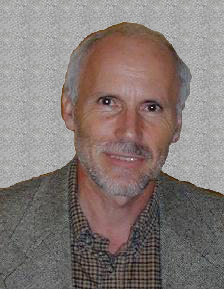 Tamás Vicsek
Tamás Vicsekis Professor of Physics and Head of Department, Department of Biological Physics, Eötvös University, Budapest. His research interests include fractal phenomena, nonequilibrium statistical physics, genomics. [Simulating dynamical features of escape panic D. Helbing, I. Farkas, and T. Vicsek, Nature, 407, 487-490 (2000)]
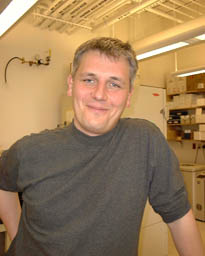 Marc Vidal
Marc VidalMarc Vidal is at the Dana-Farber Cancer Institute (Harvard Medical School). He is interested in developing concepts and technologies to consider all or most genes of a genome in addressing biological questions. [A biological atlas of functional maps. Cell 104, 333, (2001) ]
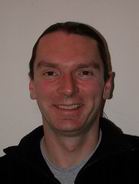 Andreas Wagner
Andreas WagnerAndreas Wagner is associate professor of biology at the University of New Mexico and an external faculty member at the Santa Fe Institute. He is interested in the evolution of genetic and metabolic networks, the evolution of robustness and evolvability in genetic systems, as well as the evolution of organismal design features such as modularity. His lab addresses questions in this research area with a variety of approaches that range from functional genomics to mathematical population genetic modeling. [The small world inside large metabolic networks. A. Wagner, D. Fell, Proc. Roy. Soc. London Series B 268, 1803-1810, (2001).]
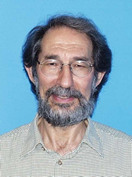 Geoffrey West
Geoffrey Westis at the Los Alamos National Lab and The Santa Fe Institute. He has applied scaling laws to various physical phenomena; his recent work provides a basis for allometric scaling laws in biology. [ The fourth dimension of life: Fractal geometry and allometric scaling of organisms. G.B. West, G.H. Brown, B.J. Enquist, SCIENCE 284, 1677-1679, 1999 ]
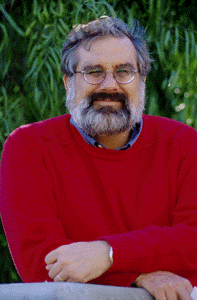 Peter Wolynes
Peter Wolynesis Professor of Chemistry and Biochemistry at the University of California San Diego. Among his many interest is the study of higher-order biological processes, such as genetic network regulation. [ Navigating the folding routes. P. G. Wolynes, J. N. Onuchic and D. Thirumalai SCIENCE 267,1619-1620, 1995. ]